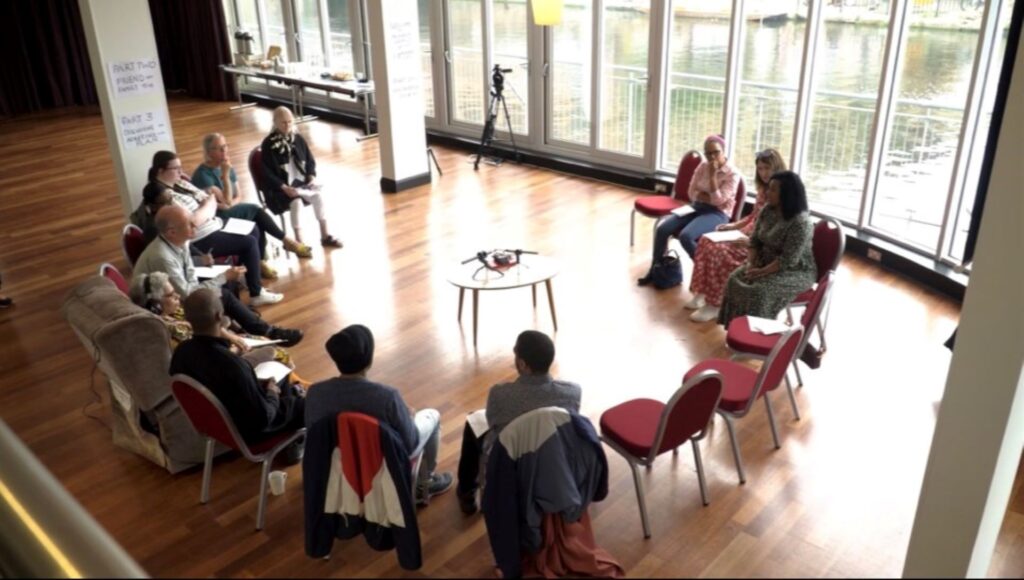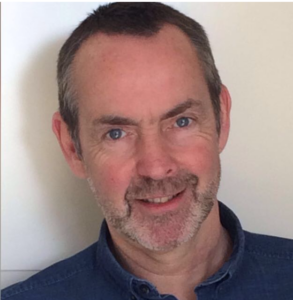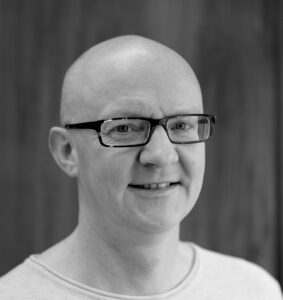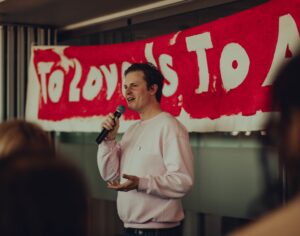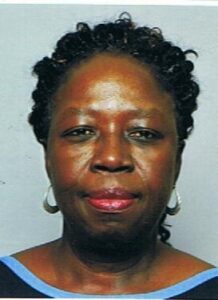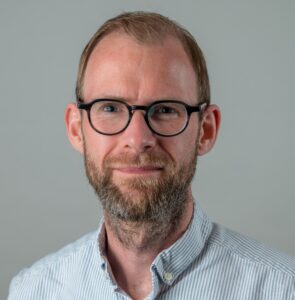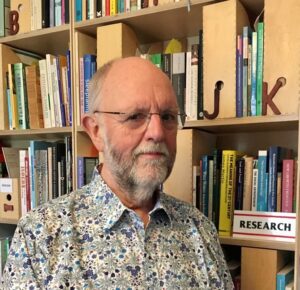Lyndsey is a mental health nurse with twenty years of experience in managing and developing the Family Group Conference (FGC) model within adult mental health care. She is also on the verge of becoming a systemic psychotherapist activist. Lyndsey has actively embraces supporting liberation approaches in adult mental health care, challenging pathologising and colonising practices while prioritising people’s lived experiences, community, and culture.
She continues to support both local and national initiatives to develop the FGC approach in adult services. Additionally, Lyndsey has taught this model in the Think Ahead programme for social work, designed and coordinated training for FGC in adult mental health, and facilitated its implementation across inpatient and perinatal mental health services. She is enthusiastic about promoting this model within the NHS and local communities.

